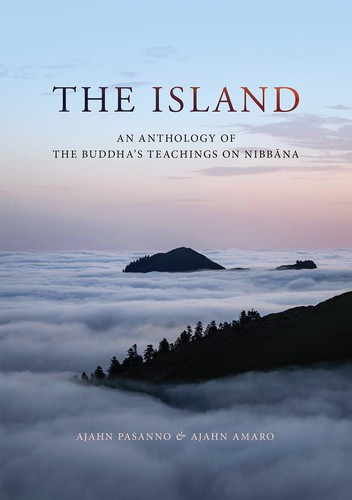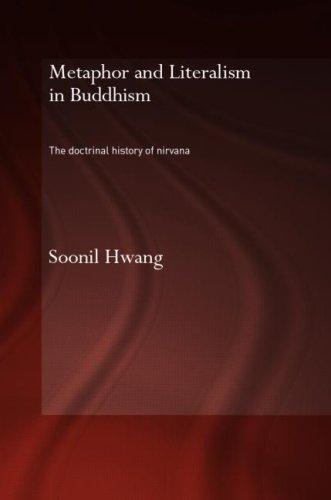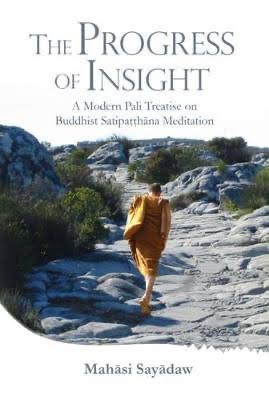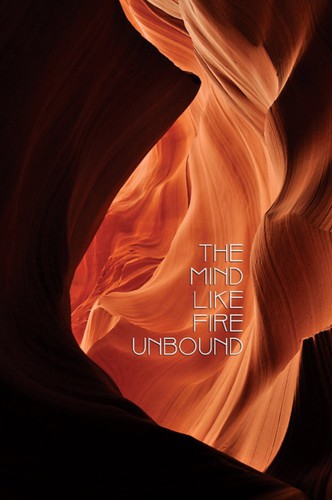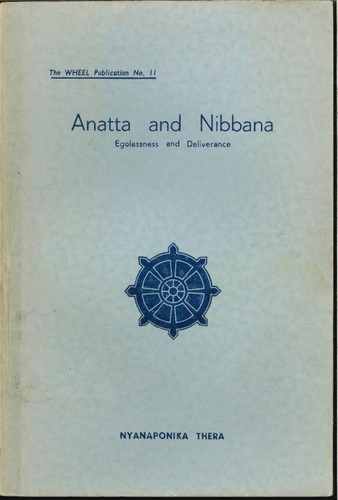Nibbāna
Also available: As a Syllabus
Subscribe to this topic via: RSS
The unconditional happiness that constitutes the ultimate goal of Buddhist practice.
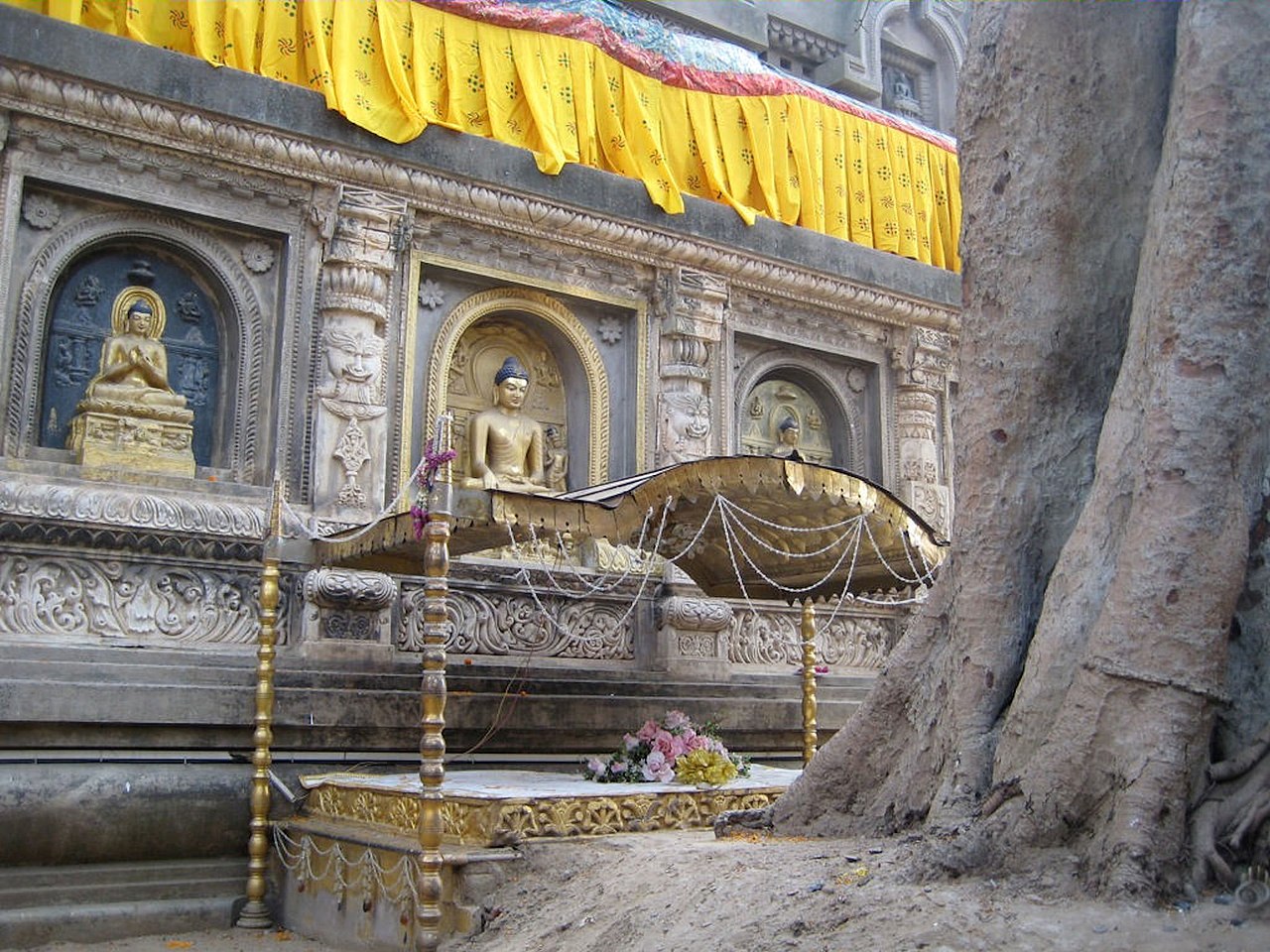
The Diamond Throne at Bodh Gaya where the Buddha attained Awakening. (Evan Lovely, CC BY 2.0)
Table of Contents
Books (15)
Featured:
-
⭐ Recommended
-
🥇 Best of
-
nibbāna is not a destination after death.
-
… deliverance from saṃsāra, i.e., the sorrow-laden round of existence, cannot consist in the re-absorption into an eternal Absolute which is at the root of all manifoldness, but can only be achieved by a complete extinguishing of all factors which condition the processes constituting life and world.
See also:
Canonical Works (75)
Featured:
-
⭐ Recommended
A deep discussion between the Bhikkhuni Dhammadinnā and her student, the layman Visākha, on many profound topics, including the very highest meditative attainments.
6 pages -
Master Gotama, are there any laypeople who, without giving up the fetter of lay life, make an end of suffering when the body breaks up?
-
A wanderer, disappointed in the teachings he has received from other teachers, approaches the Buddha with his questions on the goal of the holy life.
-
⭐ Recommended
The Nibbāna element with residue remaining (Sōpādisesa Nibbāna) and the Nibbāna element with no residue remaining (Anupādisesa Nibbāna).
-
A Jain follower espouses a version of fatalism which the Buddha then refutes.
-
I shall extol the giant for you,
for he does nothing monstrous.
Gentleness and harmlessness
are two feet of the giant. -
🥇 Best of
All his doubts then vanish since he understands
Each thing along with its cause. -
…a mendicant arousing knowledge
of the outcome of greed, hate, and delusion,
would cast off all bad destinies. -
… conditioned phenomena have these three characteristics…
-
It is in such a way, Elder, that dwelling alone is fulfilled…
-
Consciousness together with its nutriment should be seen as like the five kinds of seeds.
-
… not understanding and not comprehending the Noble Truth of suffering, both you and I have wandered and journeyed in this cycle of birth and death for a very long time
-
All suffering is fully understood,
craving, its cause, has been made to wither… -
⭐ Recommended
Where name-and-form ceases,
Stops without remainder,
And also impingement and perception of form:
It is here this tangle is cut. -
In what way is extinguishment apparent in the present life … ?
-
Gain and loss, disrepute and fame,
blame and praise, pleasure and pain:
these conditions that people meet
are impermanent, transient, and subject to change. -
Mendicants, when a mendicant’s mind has been well consolidated with wisdom it’s appropriate for them to say: ‘I understand…’
-
Bhikkhus, those beings are thoroughly deprived who are deprived of noble wisdom.
-
Bhikkhus, when one dwells contemplating gratification in things that can fetter, there is a descent of name-and-form.
-
The distinction between “the five aggregates” and “the five grasping aggregates”.
-
An Arahant is one who understands the Four Noble Truths.
-
A former partner of Venerable Anuruddha, now a deity named Jālinī, tries to tempt him with heavenly pleasures. But he has seen a higher happiness.
-
One who has entirely given up the body, … how should one like that be guided?
1 page -
Sāriputta, see this
young boy coming,
carrying a water pot,
serene inside himself… -
Then the Blessed One, realizing his own abandoning of the perceptions & categories of objectification, on that occasion exclaimed…
-
It’s hard to see the unaffected…
-
The ignorant dullard who creates acquisition
encounters suffering again and again.
Therefore, understanding, one should not create acquisition, of contemplating it as the genesis and origin of suffering. -
The Buddha defines nibbāna and gives 44 synonyms for it.
-
The Buddha gives pithy answers to Upasīva about the path to liberation and the status of anāgāmīs and arahants.
-
⭐ Recommended
a perilous flood has arisen,
for those oppressed by old age and death,
let me declare an island to you.
Owning nothing, taking nothing:
this is the island with nothing further.
I call this [island] ‘nibbāna,’
the extinction of old age and death.
See also:
Readings (38)
Featured:
-
Bhikkhu Analayo gives a careful, textual study of the supposed luminous nature of the mind in early Buddhism.
-
… the Nikāyas do not see Nibbāna as a form of consciousness, including such exceptional kinds of consciousness as anidassana viññāṇa and appatiṭṭhita viññāṇa. Nor can Nibbāna be regarded as equivalent to mind, or any particular state of mind.
-
🥇 Best of
… some see in viññāṇa anidassana a kind of consciousness essentially equal to nibbāna. But there are many problems with this
-
A strong argument in favor of “enlightenment” as the preferred English translation of bodhi—by Mr. Bodhi himself.
27 pages -
The magga, then, is not a ‘path’ as a series of steps, but a particular way of approach, a way of operating, an orientation that is fully equipped only when it has eight factors. It can then do its work of perfecting noble sīla, then noble samādhi and then noble paññā.
-
On the basis of Prajnavarman’s and Nagarjuna’s citations and of Vasubandhu’s and Asanga’s lists, it seems that parallels to the Pali Asankhatasamyutta were indeed transmitted by the (Mula-)Sarvastivadins and perhaps other schools, even though they have not been preserved in Chinese translation.
-
… the main force of the nikāyas is to discount speculation about nibbāna. It is the summum bonum. To seek to know more is to manufacture obstacles. By the time of the early Abhidhamma the situation is much clearer. The whole Buddhist tradition is agreed that nibbāna is the unconditioned
-
If someone gives up this body to continue with another body, I say that this is indeed a serious fault. If someone has given up this body and does not continue with another body, I do not say that this is a serious fault.
-
⭐ Recommended
By the ariya, the cessation of sakkaya is seen as happiness. This is the reverse of the outlook of the entire world!
-
The anidassana verse refers to the formless attainments, especially infinite consciousness, treating them as the highest goal of the Brahmanical system, and as a step towards the Buddha’s teaching of cessation.
5 pages -
A condensed transcript of The Buddha’s Teaching As It Is lecture six, this short essay gives a definition and typology of nibbāna.
-
A short description of what it’s like to be an arahant, along with an admonishment to practice diligently, delivered near the end of Luangta’s life.
-
… even an arahant can be “vexed”
-
Be free from even so much as a single thought that is deceived
-
In this pure awareness without basis or origin,
How tiresome it seems to practise dos and don’ts! -
A short, ecstatic poem from the SN.
See also:
Audio/Video (9)
Featured:
-
Ajahn Brahm celebrates their Bhikkhuni ordination with a talk on this deep and profound sutta.
-
A solid, scholastic introduction to what it means to graduate from Buddhist practice.
54 min -
There are only two things you need to realize the path: the first is to start practicing and the second is to not stop.
A short talk on Stream Entry and the stages of Awakening, and on having faith without expectations.
-
 33 min
33 min -
“What’s next?” doesn’t apply to one who has let go of everything.
See also:
